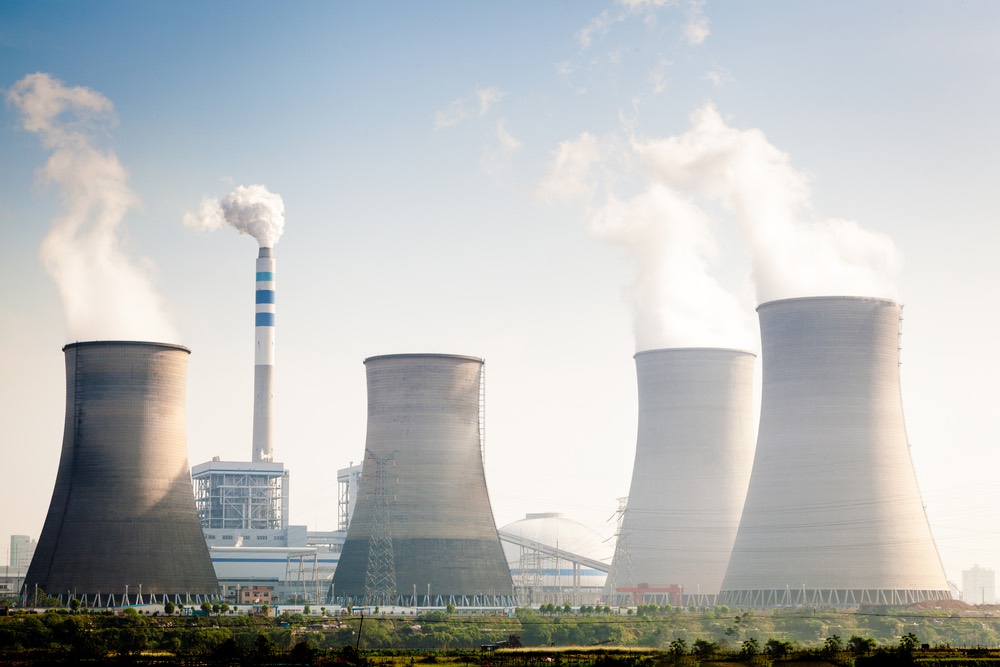
Swiss Voters Support Renewable Energy and Ban Nuclear

The Swiss have spoken, and nuclear power has been voted out in favor of renewable energy.
On the ballot yesterday (May 21) was the Swiss government's Energy Strategy 2050, a referendum that called for the ban of new nuclear power plants and investment in renewable energy. Under this energy plan, the country's five existing nuclear power plants will remain operational for as long as safety standards are met, The Local, an English-language news network in Europe, explains. Energy production would instead focus on hydropower, according to The Local, along with other renewable energy sources like solar and wind.
Though the votes have not been finalized, the New York Times reported that initial figures show Swiss voters passed the energy plan with 58.2 percent support. The country's direct democracy system gives voters the power to pass major policy issues.
"[The public] wants a new energy policy and does not want any new nuclear plants," Doris Leuthard, the Swiss energy minister, said at a news conference, according to The Times. "The law leads our country into a modern energy future."
Leuthard said the Energy Strategy 2050 will reduce the use of fossil fuels and foreign energy — Switzerland was a net power importer in 2016 — while supporting and expanding domestic production of renewable energy, the Times reported. Though some aspects of the plan will take effect in 2018, a fourfold increase in solar and wind power is targeted for 2035.
Less than 5 percent of Switzerland's current energy production is solar and wind, according to the Times, while hydropower accounts for 60 percent of energy output and nuclear for 35 percent. The nuclear meltdown at the Fukushima Daiichi Nuclear Power Plant in Japan, following the major earthquake and tsunami on March 11, 2011, is partly responsible for the lack of support for such energy in Switzerland and the rest of Europe, according to the Times.
In 1978, legislation prohibited nuclear power plants on Austrian territory. After the Fukushima disaster, Germany decided to accelerate its plan to phase out nuclear power, the news site Deutsche Welle reported.
Sign up for the Live Science daily newsletter now
Get the world’s most fascinating discoveries delivered straight to your inbox.
Polls suggest Europe is not alone in this nuclear cold-shoulder: A Gallup poll conducted in 2016 found that the majority of Americans (54 percent) oppose the use of nuclear energy. For comparison, in 2011 just days before the Fukushima disaster, 57 percent of Americans said they were in favor of nuclear energy, Gallup reported.
Original article on Live Science.

